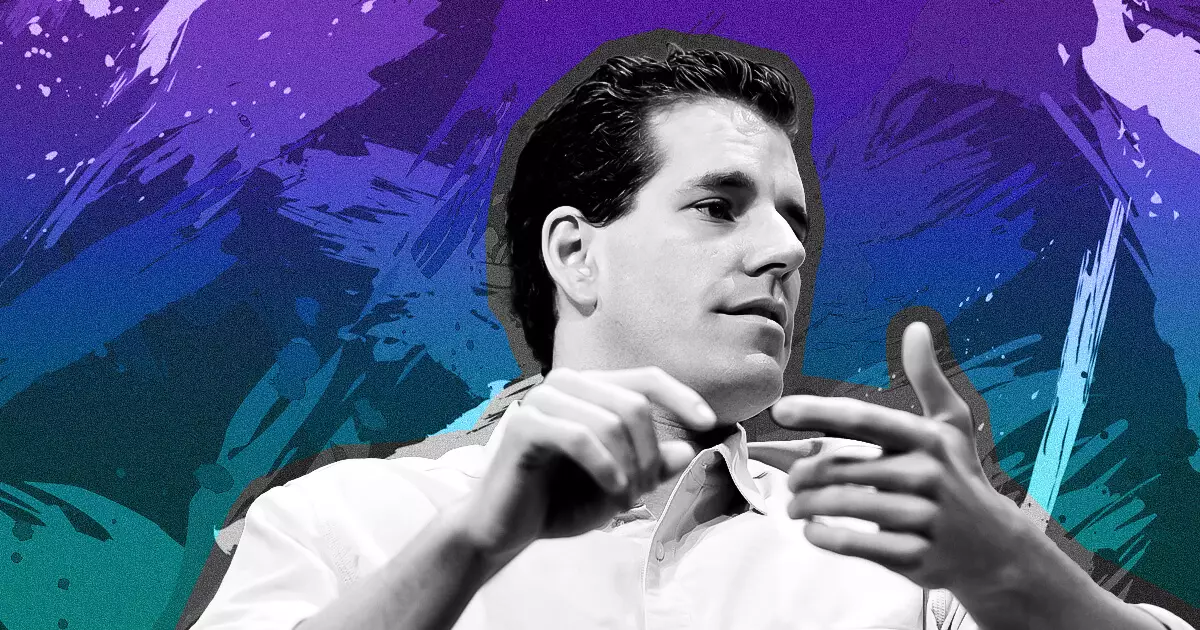Tyler Winklevoss, the co-founder of Gemini, recently made some bold statements regarding the cryptocurrency industry and the Vice President of the United States, Kamala Harris. His criticism of the “reset” in Harris’ crypto stance as a “scam” has caused quite a stir in the crypto community. Let’s take a closer look at Winklevoss’ arguments and analyze them critically.
One of the main points of contention in Winklevoss’ post was the Federal Reserve’s enforcement action against Customers Bank, a crypto-friendly bank. Winklevoss criticized the action, claiming that it creates a choke point for crypto companies looking to establish new banking relationships. While Winklevoss raises a valid concern about the potential impact of this enforcement action, his argument seems to overlook the importance of regulatory oversight in the financial industry. The Federal Reserve’s role is to ensure that banks comply with anti-money laundering regulations and other laws to prevent financial crimes.
Winklevoss argues that the Federal Reserve’s enforcement action centralized decision-making in the banking industry, contrary to the principles of decentralization. While decentralization is a key principle in the crypto world, it is important to balance it with regulatory oversight to protect consumers and prevent illicit activities. Winklevoss’ emphasis on banks’ autonomy to decide who they serve overlooks the need for regulatory standards to maintain the integrity of the financial system.
Winklevoss dismisses the Federal Reserve’s allegations against Customers Bank as “non-allegation allegations” and criticizes the lack of concrete evidence to support the enforcement action. While transparency is crucial in regulatory actions, it is also important to consider that sensitive information related to anti-money laundering practices may not always be publicly disclosed. Winklevoss’ demand for proof may overlook the confidential nature of investigations into financial institutions.
The most striking claim in Winklevoss’ post is his accusation that the Federal Reserve has a sinister motive behind the enforcement action against Customers Bank. He suggests that the ultimate goal is to gain control over the bank’s decision-making process and limit its ability to serve certain industries. While regulatory overreach is a valid concern, Winklevoss’ assertion of unlawful control seems speculative and lacks concrete evidence to support it.
Tyler Winklevoss’ critique of the Federal Reserve’s enforcement action and Vice President Kamala Harris’ crypto stance raises important questions about the intersection of regulation, decentralization, and financial innovation. While his perspective provides a valuable insight into the challenges facing the crypto industry, a critical analysis reveals the complexities of balancing innovation with regulatory oversight. It is essential to consider multiple perspectives and engage in constructive dialogue to navigate the evolving landscape of cryptocurrency regulation.
















Leave a Reply